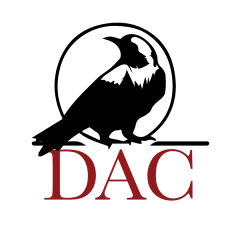We recognize that the field of Disability Studies has historically undervalued and underrepresented BIPOC and Multilingual perspectives, and that Disability Justice, Anti-racism, and Linguistic Justice are deeply interrelated.
We recognize that all languages are complex, systematic modes of communication whether they are expressed through sign, touch, writing, or variations on vocal and assisted speech. Drawing from multiple languages, dialects, and ways of communicating is a resource and not a hindrance to communication.
We recognize that no one language, dialect, or way of communicating is inherently “better,” “more professional,” or “more correct” than another, and that these constructions are the product of systemic injustice.
We recognize that both written and oral English are ever evolving and intermixing, and that there is no static, standard, or superior “English.” Instead, there are plural Englishes.
We recognize that language usage is deeply connected to culture, community, and embodiment; to limit the ways in which language is used is to limit how individuals bring their identit(ies) into our space.
We assert that the goal of communication should not solely rest with the creator of a post; the idea that the creator is primarily responsible for “clear” communication is culturally defined and assumes one particular audience that is fluent with academic English.
As disability activists, we do not believe that we should require individuals to change how they communicate in order to conform to discriminatory expectations. The DAC team is committed to fostering linguistic justice:
- By letting go of the expectation that everyone should assimilate to ways of speaking, writing, or using language that are culturally and institutionally powerful,
- By making our blog a welcoming and accessible environment that offers both our creators and our audience diverse and multimodal languages,
- By affirming the linguistic strengths and choices made in our submissions, and by working collaboratively with creators to preserve voice and intention when addressing style and grammar,
- By supporting our creators and advocating for their language practices,
- By returning to revisit and reiterate this statement regularly.
